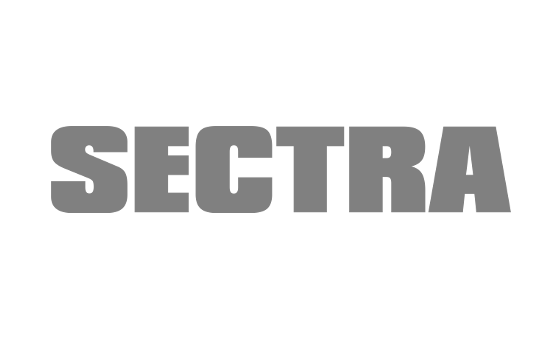 The National Pathology Imaging Co-operative, NPIC, opens opportunities for NHS trusts throughout the country to digitise pathology and improve patient diagnoses, following new funding and expanding the usage of Sectra's digital pathology solution and VNA.
The National Pathology Imaging Co-operative, NPIC, opens opportunities for NHS trusts throughout the country to digitise pathology and improve patient diagnoses, following new funding and expanding the usage of Sectra's digital pathology solution and VNA.
A multi-million pound NHS initiative that already spans six trusts is expanding to help laboratories across different parts of the UK digitise their pathology services. Big wins are expected for patients and busy healthcare professionals.
Led by Leeds Teaching Hospitals NHS Trust and laboratories in the surrounding region, the National Pathology Imaging Co-operative - known as NPIC - is a collaborative of NHS trusts, academia and industry partners.
NHS laboratories in the co-operative are now becoming amongst the most technologically advanced and interconnected anywhere in the world. Organisations involved are ending their reliance on microscopes by sharing digital images of patients' tissue. In turn, they will be able to send images to specialists more easily and embrace artificial intelligence to enhance how illnesses are diagnosed and managed.
Now, supported by a second wave of funding from UK Research and Innovation, a five-year agreement with the collaborative's existing medical imaging technology partner Sectra, signed in October 2021, will see NPIC expand its reach to more trusts.
Initially this will involve providing support to more hospitals in the North of England, but the agreement will also allow NPIC to scale its approach and the Sectra technology to other hospitals across the country, as many more consider how to begin digital pathology initiatives and take advantage of emerging government funding.
In addition, it will allow NPIC to create two new specialist digital pathology networks in paediatrics and sarcoma tissue cancers, enabling national referral networks to provide the best diagnoses for these rare cancers.
Professor Darren Treanor, NPIC's director, and a practising pathologist at Leeds Teaching Hospitals NHS Trust, said: "Digital pathology is now a national priority. Many NHS hospitals want to take advantage of this powerful technology to deliver a better service for patients. With NPIC, we hope to provide a proven model, underpinned with advanced technology from Sectra, that will help many more hospitals quickly realise their ambitions and benefit from the groundwork we have already done."
Basharat Hussain, deployment director at NPIC, added: "Our work may have begun with a regional focus, but we are moving to address some significant clinical priorities nationally in areas like paediatrics and sarcoma cancer, where pathology specialists are especially scarce. We have now identified a significantly bigger application for our programme. We have shown how digital pathology can work and we can help the rest of the NHS replicate and scale using our learnings, in order to get pathology digitised to support better patient care."
The agreement follows a separate November announcement from the UK government that commits £248 million over the next year to help modernise NHS diagnostics using the latest technology.
Jane Rendall, managing director for Sectra UK and Ireland, said: "We have been working with hospitals and regions throughout the UK for years to embrace digital approaches to diagnostics in a way that improves the working lives of staff, and that enables sustainable new ways to deliver services and cope with rising demand. NHS organisations are now embarking on this journey at pace, and have an opportunity to learn from pioneers, such as those in the North of England, who have been committed to making this work, and who are now ready to scale their success."
About NPIC
National Pathology Imaging Co-operative, NPIC (Project no. 104687) is supported by a £50m investment from the Data to Early Diagnosis and Precision Medicine challenge, managed and delivered by UK Research and Innovation (UKRI).NPIC is a unique collaboration between NHS, academic and industry partners. NPIC is deploying digital pathology across hospitals in the North of England and will develop artificial intelligence tools to help diagnose cancer and other diseases.
About Sectra
With more than 30 years of innovation and approaching 2,000 installations worldwide, Sectra is a leading global provider of imaging IT solutions that support healthcare in achieving patient-centric care. Sectra offers an enterprise imaging solution that provides a unified strategy for all imaging needs while lowering operational costs. The scalable and modular solution, with a VNA at its core, allows healthcare providers to grow from ology to ology and from enterprise to enterprise. Visit Sectra's website to read more about Sectra and why it’s top-ranked in 'Best in KLAS'.